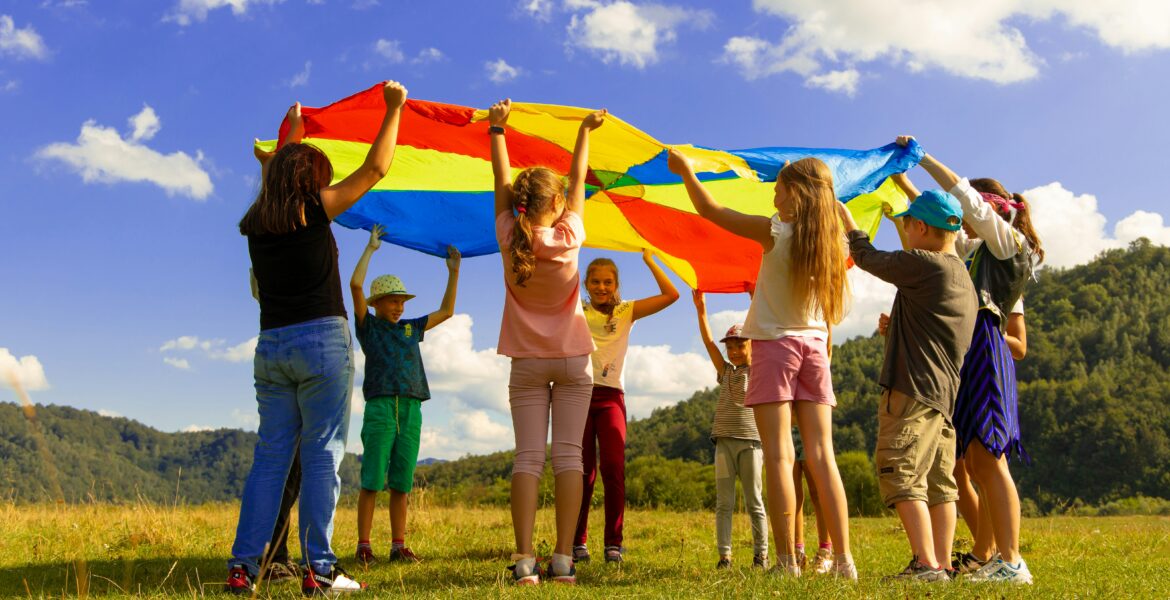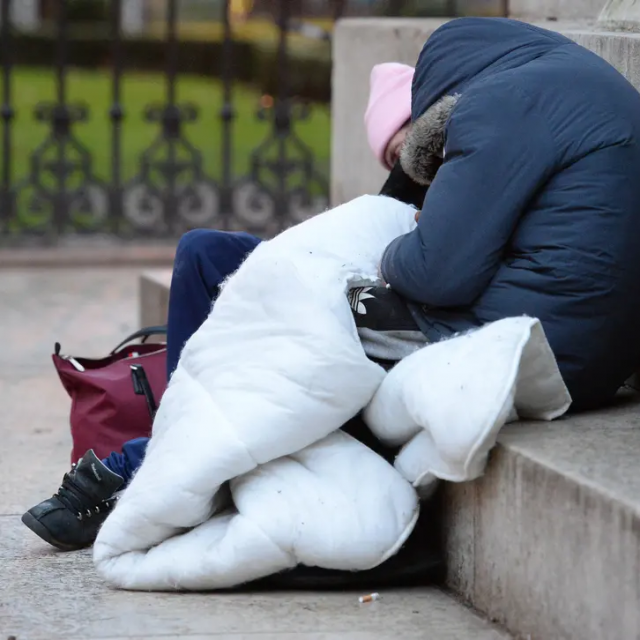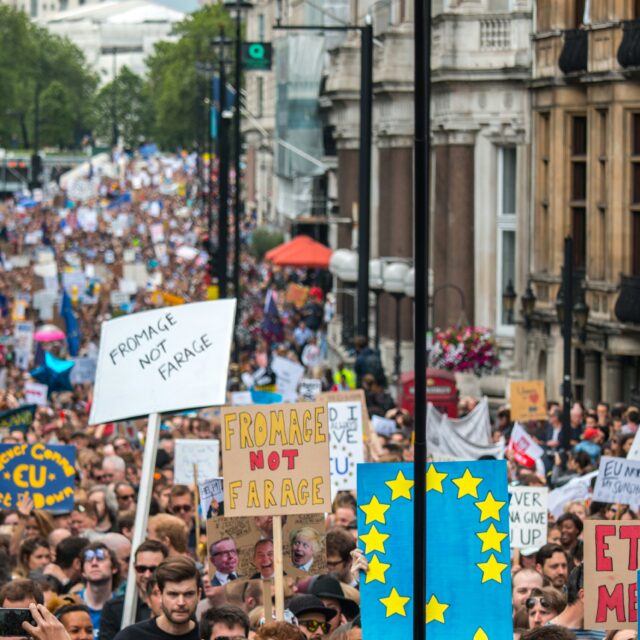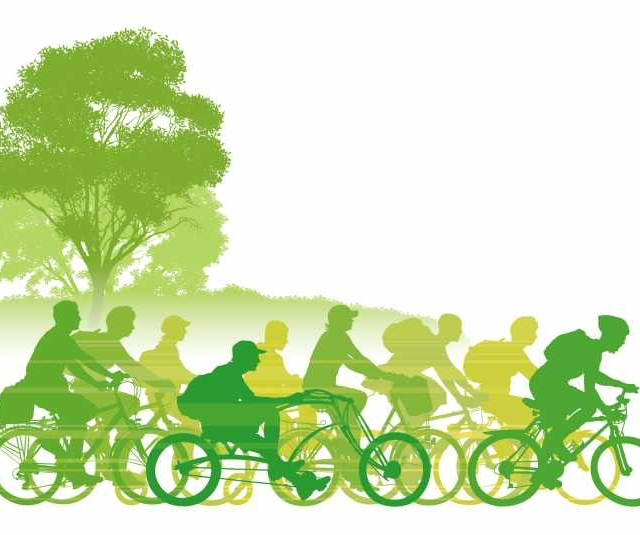Photo by Artem Kniaz on Unsplash
More than 200 experts attended an international conference on European civil society’s humanitarian response to the integration of refugees and asylum-seeking children from Ukraine.
The Federation of Non-Governmental Organisations for Children (FONPC), together with CARE France, SERA Romania, Eurochild, and ICVA, hosted a two-day international conference, RE:Think Bridges in Bucharest.
It brought together over 200 participants from more than 25 European countries to share good practices, policy and political perspectives, and funding landscapes, all in the field of inclusion of children and displaced, refugee and migrant people.
The conference aimed to connect and exchange best practices between European humanitarian aid specialists, representatives of Romanian and European authorities, donors and international non-governmental organisations, and civil society organisations.
The “crucial” role played by civil society these past two years in the integration of refugees, including the unprecedented number of children and families from Ukraine, in European contexts – at local, national, and regional levels – was always at the centre of discussions.
Eurochild showcased the network’s work as part of the conference exhibition spaces.
Eurochild’s Director of Policy, Advocacy, and Communications Dr Ally Dunhill re-iterated the power of supporting civil society to help address the needs of those most in need.
Dunhill said, “We are all following the same direction. It is important to keep going. We need to work collectively and aim to do the best we can for the well-being of children and their carers.”
The conference was organised on the eve of the two-year anniversary of the outbreak of the conflict in Ukraine, which forced millions of children and their carers to leave their homes in search of safety.
A spokesman said, “They are just the latest arrivals, joining more than 3.3 million Syrians under temporary protection and hundreds of thousands arriving in Europe seeking asylum from African and Middle Eastern countries.”
The conference was part of the “help to help Ukraine project”




